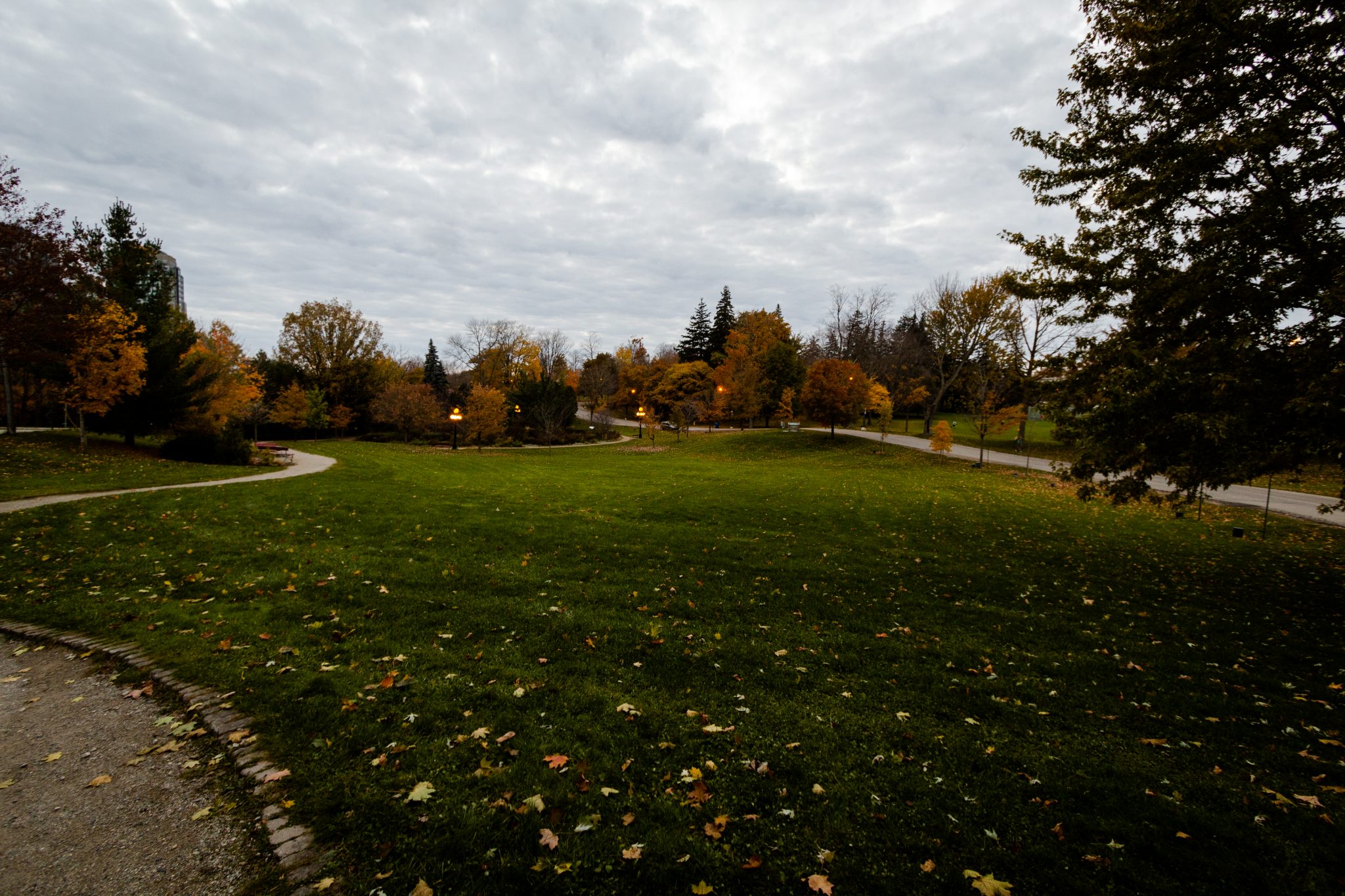Laurier research collaboration studies the accessibility and health benefits of parks in Canada

Park Seek, a pan-Canadian research project led by Western University, is studying the accessibility and quality of parks across Canada with researchers at Wilfrid Laurier University.
“[Park Seek is] looking at the accessibility and quality dimensions of parks across the nature continuum,” said Catherine Reining, a lab coordinator in human geography at WLU.
This includes “anything from municipal parks to provincial parks and national parks.”
The project is also looking at “how being out in nature and [in] those different features of parks and being able to access those spaces relate to our overall health and wellbeing.”
To promote a greater focus on accessibility, researchers are asking numerous questions: “Are there trash bins? Are they accessible? Are there ramps [for wheelchairs]?” said Mhairi Chandler, a master of environmental studies student at WLU and research assistant for Park Seek.
Quality is also a priority: “Are there access to washroom facilities? Are there new play structures and are they well-maintained? Are they looking like they’re falling apart and corroding, or are they newer?” Reining elaborated.
“We’re starting to build quite a bit of findings … and support around the health and well-being benefits that parks and nature offer.”
“We’re kind of seeing a case for support across the board [that] there are physical benefits, mental, psychological, social, spiritual benefits as well.”
“Through some of the studies that we’ve actually done here at Laurier, we have indeed found that when you spend time in nature you do receive those positive benefits, and it happens quite quickly,” Reining explained.
A big part of the mental health benefit of parks and nature is “being more restored and relaxed.”
Receiving these benefits, however, can be an obstacle for individuals with disabilities.
“Surprisingly, it’s not well-understood or in any policy and management plans that we need to have access to those spaces,” Reining said.
Physical disabilities are not the only factor that can hinder access to parks. Transportation, or lack thereof, can also be a challenge.
If someone lives far from parks, having public transit to get there would benefit accessibility and relieve some of that restraint.
Research has also suggested that there is a discrepancy between the quality of and access to parks in different socio-economic settings.
“Different parks have different qualities of their park space … There needs to be some consistency and some evaluation there,” Reining said.
For anyone interested in contributing to this project, Park Seek is launching an app in the fall that will allow anyone to participate in data contribution.
You can “download it and it will prompt you to do a little survey and when you are out in the parks it will prompt you for a quick five-minute [survey],” said Reiner.
Questions on the latter survey might include “how are you feeling right now?” and “how are you enjoying this experience?”
Readers can go to the website to learn more.

